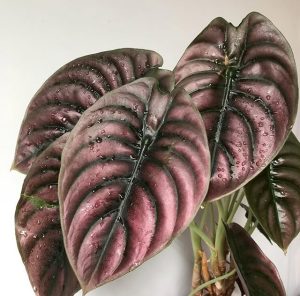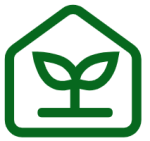- English
- Chinese
- French
- German
- Portuguese
- Spanish
- Russian
- Japanese
- Korean
- Arabic
- Irish
- Greek
- Turkish
- Italian
- Danish
- Romanian
- Indonesian
- Czech
- Afrikaans
- Swedish
- Polish
- Basque
- Catalan
- Esperanto
- Hindi
- Lao
- Albanian
- Amharic
- Armenian
- Azerbaijani
- Belarusian
- Bengali
- Bosnian
- Bulgarian
- Cebuano
- Chichewa
- Corsican
- Croatian
- Dutch
- Estonian
- Filipino
- Finnish
- Frisian
- Galician
- Georgian
- Gujarati
- Haitian
- Hausa
- Hawaiian
- Hebrew
- Hmong
- Hungarian
- Icelandic
- Igbo
- Javanese
- Kannada
- Kazakh
- Khmer
- Kurdish
- Kyrgyz
- Latin
- Latvian
- Lithuanian
- Luxembou..
- Macedonian
- Malagasy
- Malay
- Malayalam
- Maltese
- Maori
- Marathi
- Mongolian
- Burmese
- Nepali
- Norwegian
- Pashto
- Persian
- Punjabi
- Serbian
- Sesotho
- Sinhala
- Slovak
- Slovenian
- Somali
- Samoan
- Scots Gaelic
- Shona
- Sindhi
- Sundanese
- Swahili
- Tajik
- Tamil
- Telugu
- Thai
- Ukrainian
- Urdu
- Uzbek
- Vietnamese
- Welsh
- Xhosa
- Yiddish
- Yoruba
- Zulu
- Kinyarwanda
- Tatar
- Oriya
- Turkmen
- Uyghur

A Guide to Raising Delicate Bronze-leaf Alocasia Cuprea: Growing without Leaf Scorch
Growth Journal of Alocasia Cuprea Seedlings: Tracing Life’s Creases with Fingertip Warmth
When misting my copper-leafed Alocasia at dawn, the dewdrops rolling down its leaves always remind me of that rainy day when we first met. This life emerging from a thumb-sized tuber now unfurls leaves with the texture of ancient bronze, shimmering metallic under morning light. Raising an Alocasia Cuprea feels like nurturing a fussy child who despises stuffiness—three years of companionship have taught me that tender observation matters more than any care manual.

Alocasia Cuprea
The Anxious Vigil of Sprouting
When pale buds peek from the tuber’s crown, I cradle it like a newborn chick. Root rot haunts this stage, so I switch to the bottom watering method—dipping the nursery pot into a shallow tray, letting soil absorb moisture like a sponge. Maintaining a steady 25°C mimics swaddling the seedling in an invisible blanket. The day the first scroll-like leaf breaks through soil, my joy rivals witnessing a baby’s first blink.
Sweet Struggles of Leaf Unfurling
The leaf-spreading phase tests patience most. Alocasia stems, fragile as ballerina’s toes, need bamboo stakes for support. I tie them with soft twine, leaving two fingers’ space for breathing room. Burnt leaf tips demand instant relocation—its crumpled foliage whispers needs: curling under harsh western sun, drooping in chilly northern drafts. When the third leaf fully expands, revealing crimson veins on its underside, I know it’s finally rooted itself.
Silent Dialogues in Stability

Alocasia Cuprea
Mature Alocasias stretch aerial roots to sense humidity. I hang damp pine bark by the pot, watching them twine like curious tentacles. Don’t panic when leaves yellow in winter dormancy—it’s gathering strength. Reduce watering but never halt completely, like tucking a blanket for a sleeping child. Slightly moist soil keeps it content.
Care Essentials
-
Soil as fluffy as clouds: Peat moss + perlite + composted pine needles (3:1:1). Gently loosen old soil during spring repotting—avoid damaging delicate tubers.
-
Water like taking a pulse: Insert a finger to the second knuckle—water only when dry.
-
Filtered light magic: East-facing windows behind sheer curtains are ideal. Direct sun leaves “rust stains” on leaves.
-
Feed sparingly: Quarter-strength foliage fertilizer every two weeks; pause in winter.
-
Spider mite defense: Wipe leaf undersides with milk solution if white speckles appear.
One plum-rain night, listening to raindrops tap-dancing on leaves, I finally understood nature’s rhythm. My Alocasia taught me not just gardening skills, but reverence for life’s tempo—growth can’t be rushed. Its new leaves always unfurl half a beat slower than expected, yet never fail to gift me bronze-surfaced miracles by dawn.



